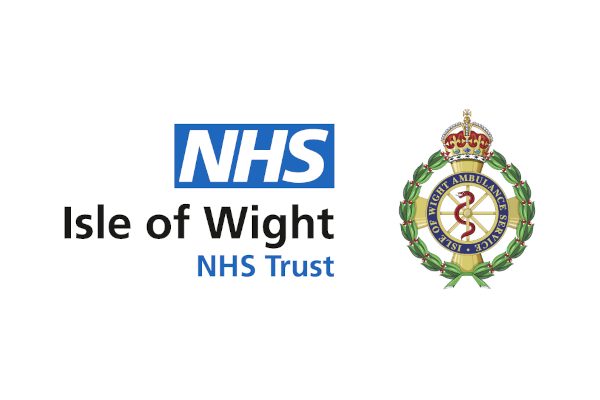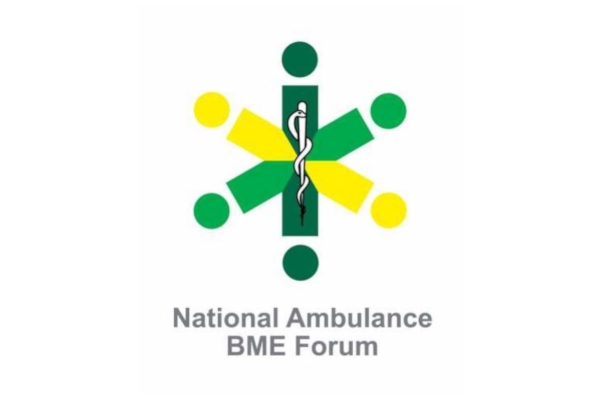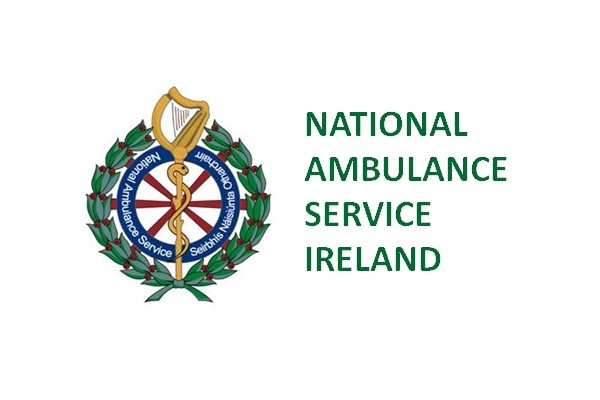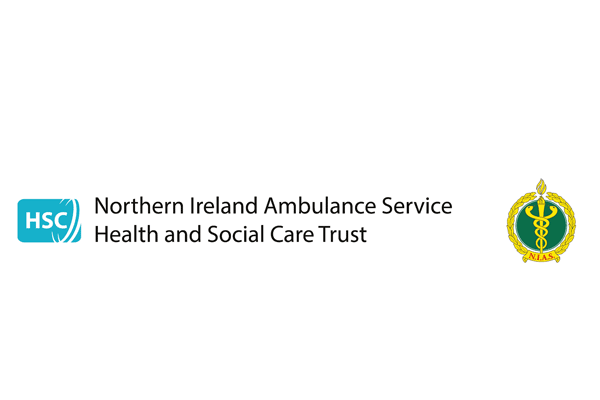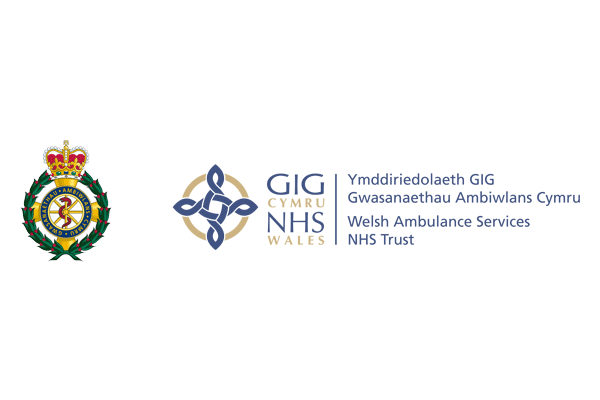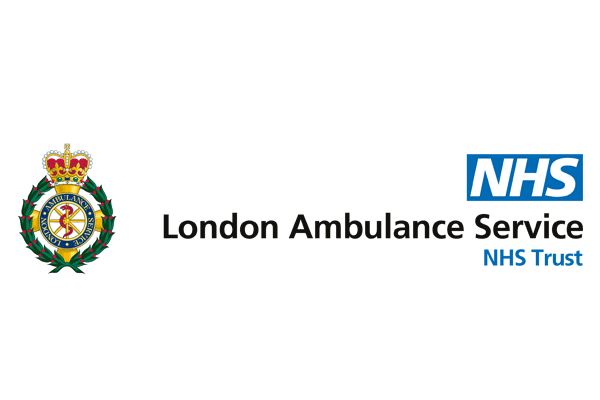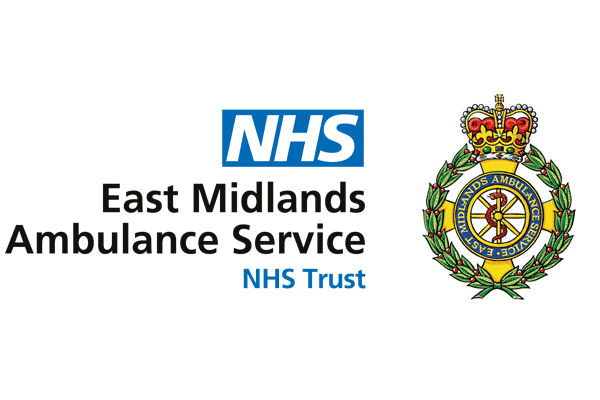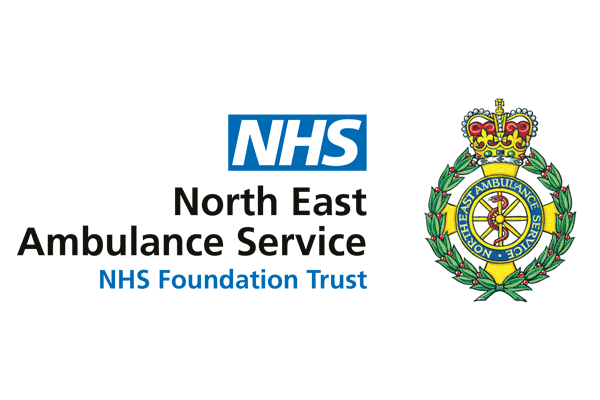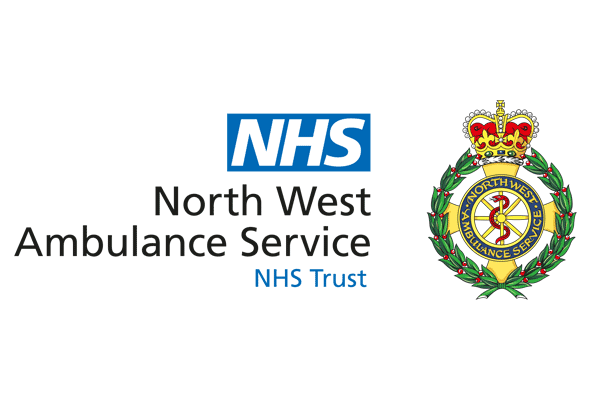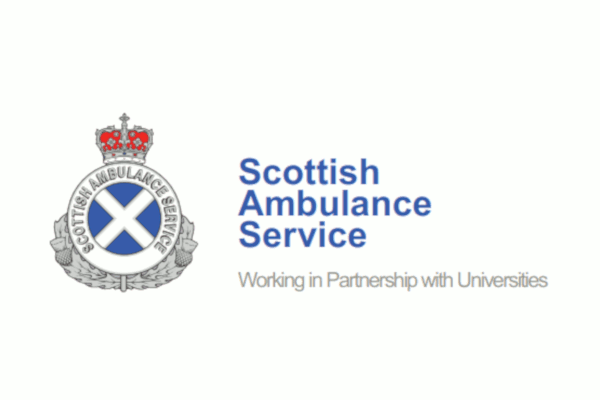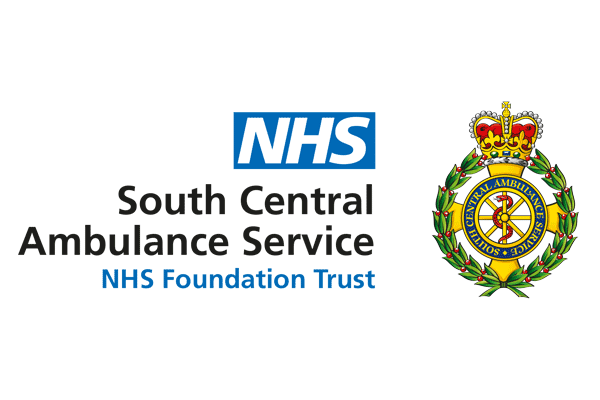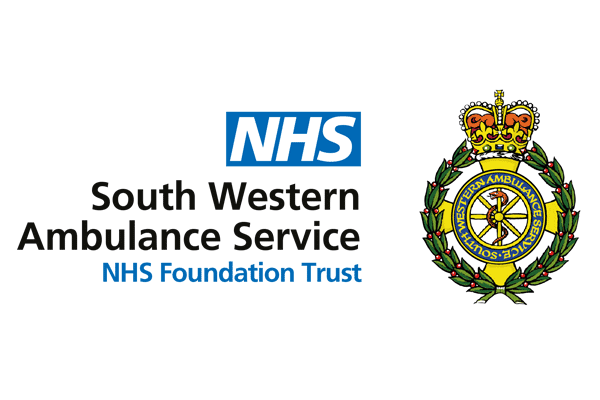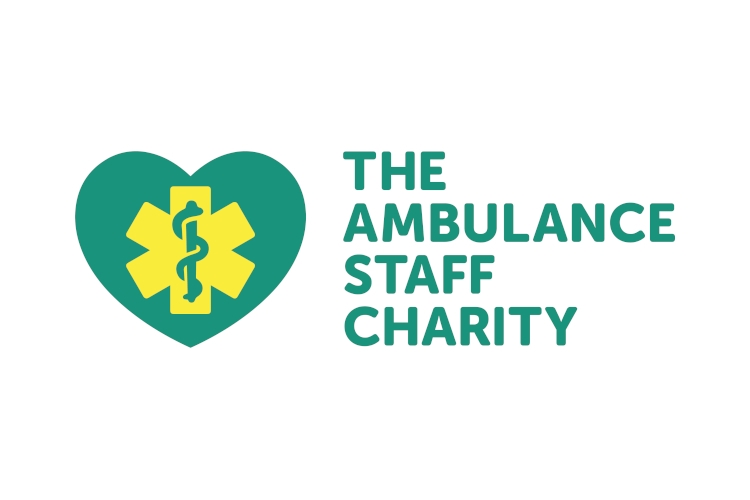 After an extensive consultation with patients, carers and its staff, North West Ambulance Service NHS Trust (NWAS) has published a radical Patient Care Strategy which sets out how it will change the way it provides care to patients in order to become the best ambulance service in the UK within five years.
After an extensive consultation with patients, carers and its staff, North West Ambulance Service NHS Trust (NWAS) has published a radical Patient Care Strategy which sets out how it will change the way it provides care to patients in order to become the best ambulance service in the UK within five years.
With the Patient Care Strategy, the trust will change the way it provides out of hospital care to meet NHS England’s vision for the future of the health service – outlined the Five Year Forward View – which emphasises the need to redesign urgent and emergency care services.
To support the redesign, the trust already takes part in the five, locally defined, sustainability and transformation plans (STPs) in the North West. The STPs look at ways to reform urgent care to tackle performance issues in emergency departments.
NWAS will concentrate its efforts on improving the quality of care for all patients but also aims to work with colleagues in the NHS and social care sectors to address care for the nationally identified priority areas; children, maternity, mental health and dementia, older people and frailty and sepsis.
Below average health
With the health of people in the North West generally worse than the England average and inequalities in health closely linked to deprivation, it’s no surprise that 30 percent of the region’s population have a long-term sickness issues.
The Patient Care Strategy describes five key principles which will make sure the trust achieves its vision of making sure that clinical decisions are taken as far forward in the patient journey as possible, with no patient needlessly waiting.
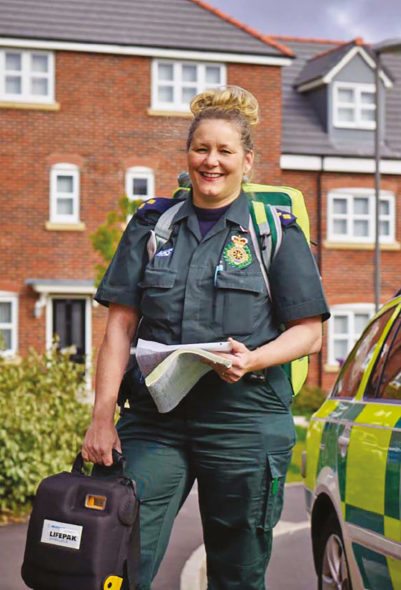 The five principles, described from a patient’s perspective, are:
The five principles, described from a patient’s perspective, are:
- Before the call
- Answer my call
- Understand my needs
- Respond to my needs
- Direct me to the right place
These principles take account of health promotion and preventative behaviours, including how people can take care of themselves. They also describe how the trust will improve clinical support in its patient contact centres, upskill staff so they can make better decisions about patient care and work closely with other organisations.
NWAS Medical Director, Dr David Ratcliffe said:
The ambulance service of today does far more than transport people to hospital. Our highly skilled clinicians provide treatment for patients with a vast range of needs; many of whom are elderly with complex illnesses.
Our aim is to be the best ambulance service in the country; a service that is clinically led with a good reputation. Our Patient Care Strategy sets out how we will change to meet the care needs of our patients and communities.
Important to the ambitious care strategy changes are NWAS’ workforce. The trust has an unrivalled clinical leadership structure which sees it employ six consultant paramedics, 44 advanced paramedics and 281 senior paramedics who provide clinical leadership to over 3,500 clinical staff.
The trust has supported paramedics and emergency medical technicians to complete a variety of academic courses from diplomas up to PhD studies. It is this investment that allows the service to drive change.
David continued:
Our established clinical leadership structure and history of investing in staff development will enable us to deliver our ambitious plans. We will continue to invest in the education of our clinical workforce to help our clinicians transform progress into independent critical thinkers who can make decisions about individuals’ care and treatment.
Patients should continue to contact 999 in an emergency situation and 111 when their health needs are urgent but not life-threatening. Those with serious or life-threatening emergency care needs will get timely treatment from highly skilled clinicians and transport to the right place for the best chance of survival and recovery.
Patients with injuries or illnesses that are not life-threatening can expect a responsive service close to home and they may be sent to other services if appropriate.
Whatever their needs, patients in the North West can be sure that their ambulance service will lead the way in patient care and make sure they get the right care, at the right time, and in the right place.

